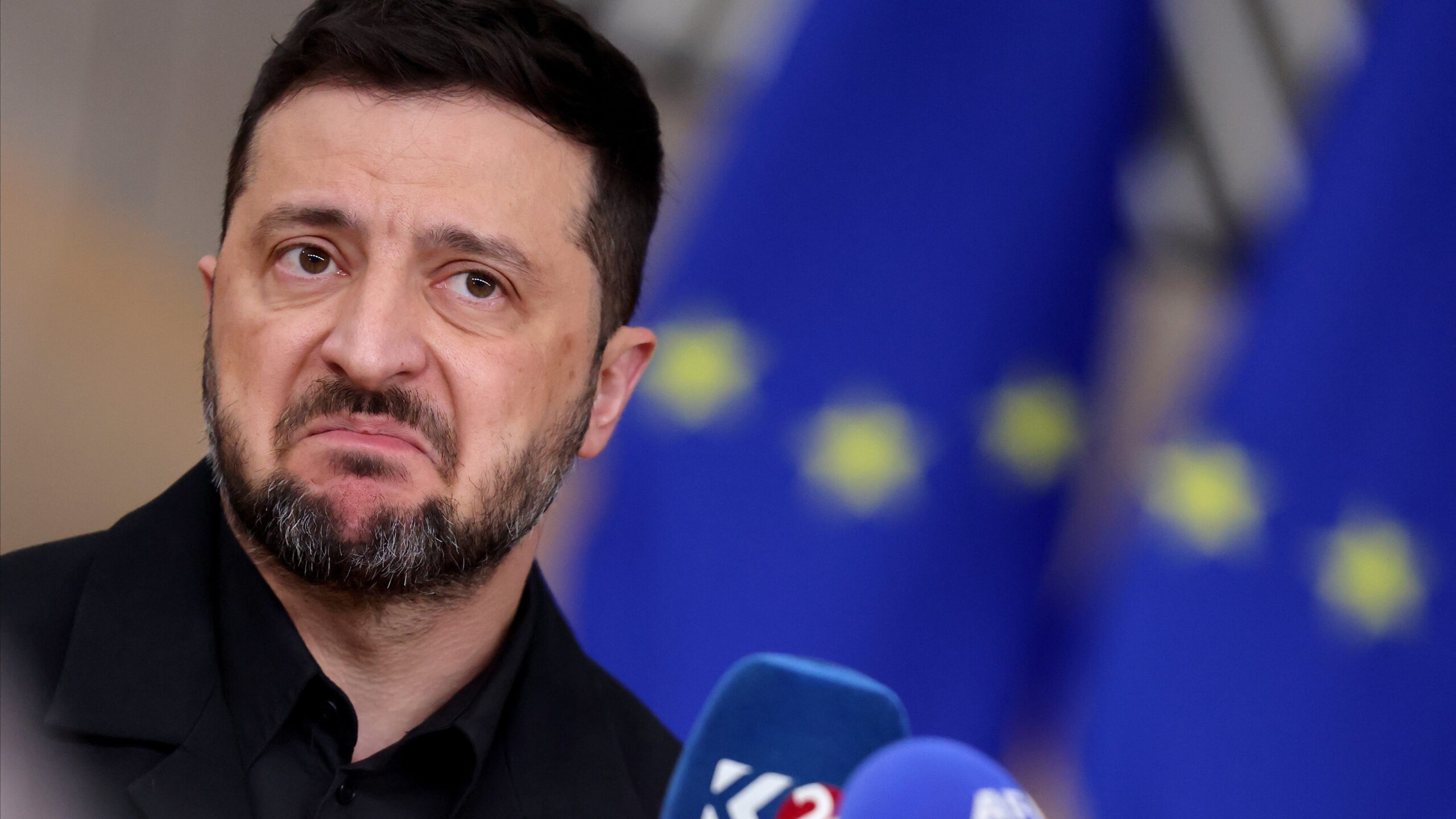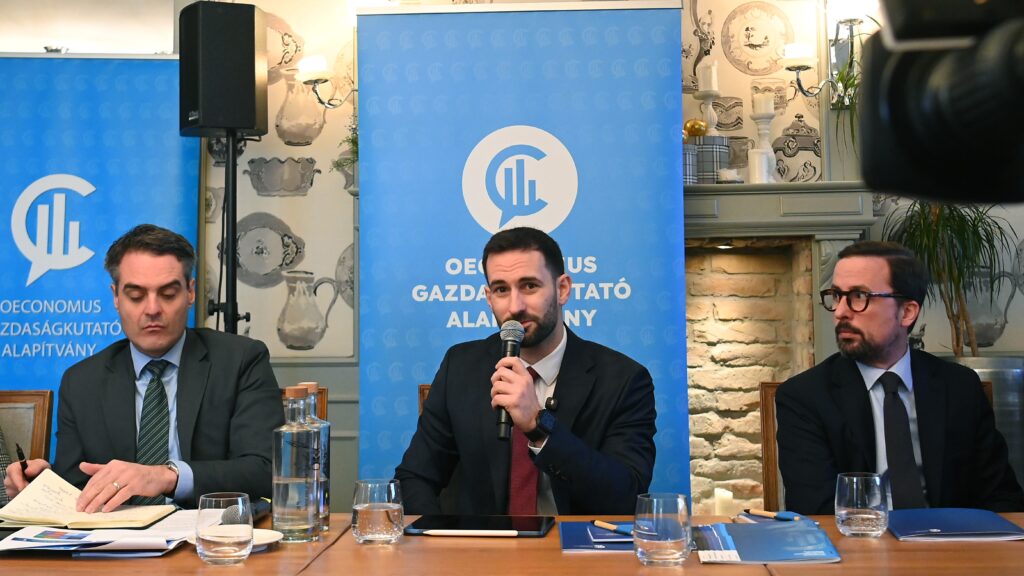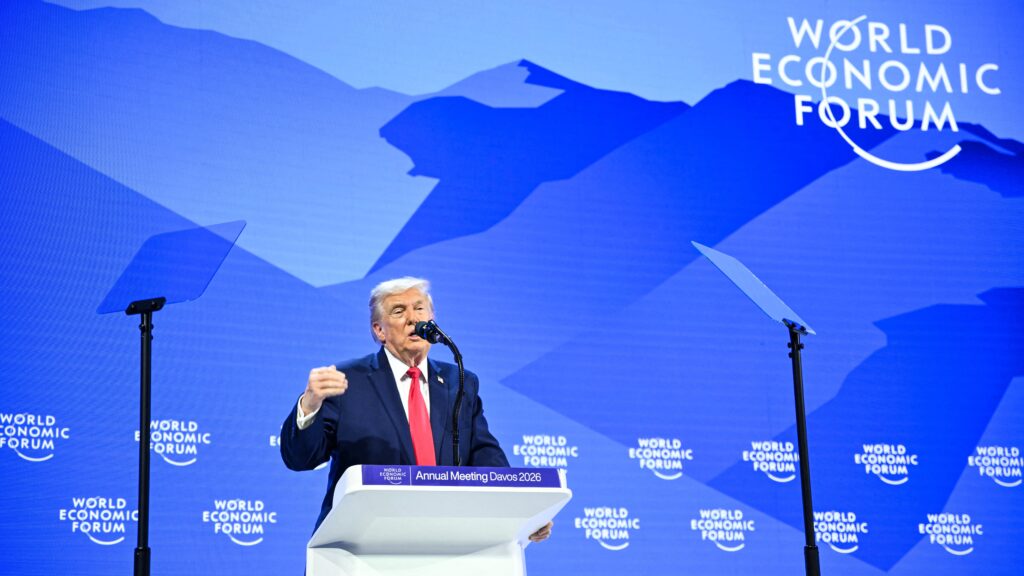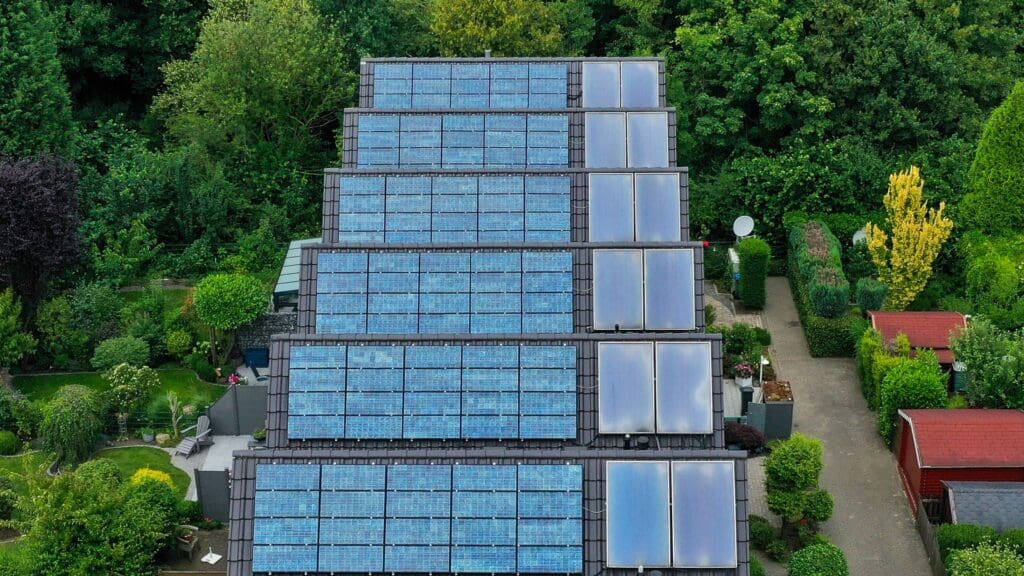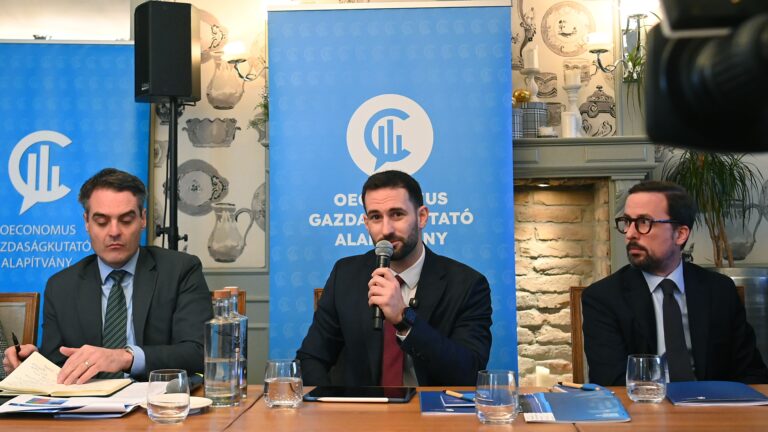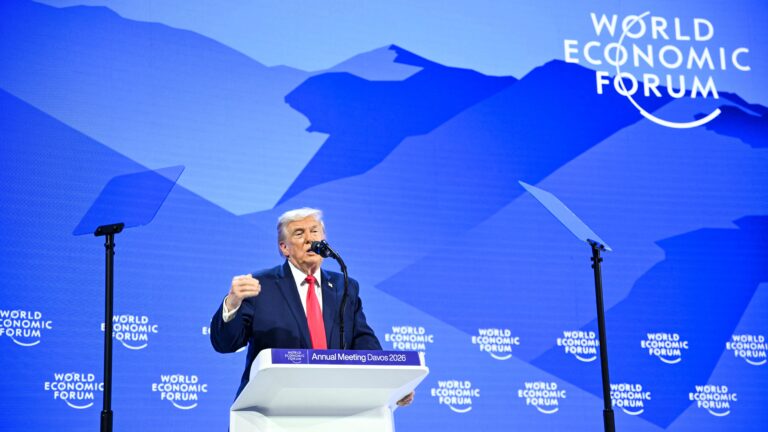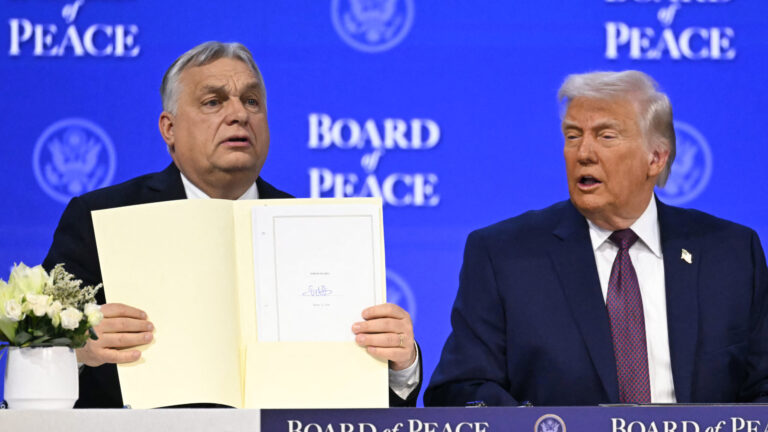A ceasefire in Ukraine can only be achieved by increasing pressure on Russia, Ukrainian President Volodymyr Zelenskyy declared on Thursday upon arriving in Brussels for a one-day European Union summit. Speaking to journalists, he emphasized that Moscow has shown no willingness to halt the war, making further sanctions, advanced air defence systems, and sustained financial assistance essential.
‘Ukraine is ready to support negotiations in any format,’ Zelenskyy said. ‘What matters most is achieving a lasting peace for our nation.’
He welcomed the EU Council’s adoption of the 19th sanctions package against Russia, calling it crucial for Ukraine and noting that it aligns with recent energy and sanctions policies announced by US President Donald Trump’s administration. Zelenskyy also stressed the importance of phasing out Russian energy imports and replacing them with liquefied natural gas (LNG) supply agreements.
European Council President António Costa remarked that, despite high expectations surrounding Trump’s peace initiatives, Russian President Vladimir Putin has shown no goodwill. Costa condemned Russia’s intensified attacks on civilians and infrastructure, urging continued support for Ukraine’s fight for a just and lasting peace.
The new sanctions target Russia’s shadow fleet, banking system, and energy sector. The Council also plans to decide on Ukraine’s financial needs for 2026 and 2027, including funding for military equipment. ‘This sends a strong message to Russia that we will stand by Ukraine for as long as it takes—whatever the cost,’ Costa said.
He added that Russia must stop killing civilians, destroying infrastructure, and reject war in favour of diplomatic solutions, supporting peace efforts initiated by the United States. ‘It is now clear that President Zelenskyy is ready for a ceasefire and negotiations. What’s needed is for Russia to accept them as well,’ Costa emphasized.
‘It is now clear that President Zelenskyy is ready for a ceasefire and negotiations. What’s needed is for Russia to accept them as well’
EU foreign policy chief Kaja Kallas called transatlantic unity on sanctions ‘a vital show of strength’, highlighting ongoing discussions about using frozen Russian assets in European banks to fund reparations for Ukraine. She noted remaining legal issues but stressed that such action would send a powerful signal of accountability.
Luxembourg’s Prime Minister Luc Frieden said it was important for EU leaders to meet with Zelensky and reaffirm Europe’s steadfast support. He called for continued military and political aid, emphasizing that ‘Europe must be active in this conflict and take the lead in helping Ukraine—because when we speak of Ukraine, we speak of Europe.’
Swedish Prime Minister Ulf Kristersson welcomed the US sanctions on Russian oil companies, calling them ‘timely and well-coordinated’ with the EU’s latest measures. He urged EU unity and focus on strengthening Ukraine’s defences while increasing economic pressure on Moscow.
Danish Prime Minister Mette Frederiksen, representing the EU Council presidency, also praised the new round of joint EU-US sanctions.
Austrian Chancellor Christian Stocker meanwhile drew attention to migration, highlighting it as a growing EU concern and emphasizing Austria’s leadership in addressing related challenges.
The leaders of the Patriots for Europe party family issued a joint declaration as well, coinciding with the EU summit in Brussels, calling for a restoration of Europe’s competitiveness, the defence of sovereignty, and a renewed push for peace.
In their statement, the party leaders rejected what they described as the ‘ideologically driven’ Green Deal promoted by the European Commission. They urged real reductions in bureaucracy for businesses and demanded drastic cuts in energy prices, saying that without these measures, ‘Europe’s competitiveness cannot be restored.’
They also opposed the planned extension of the EU’s Emissions Trading System (ETS2), arguing that it would increase energy costs for households, and denounced climate neutrality goals that could further undermine economic performance.
The declaration called on EU institutions to propose concrete legislation by the end of the year to deliver tangible reductions in energy prices for citizens and companies. The leaders expressed support for the Madrid Declaration, which prioritizes prosperity, competitiveness, and job protection.
During the Brussels summit, EU leaders are set to discuss additional aid for Ukraine, migration, the Middle East situation, competitiveness, housing issues, and Europe’s defence strategy.
Related articles:

